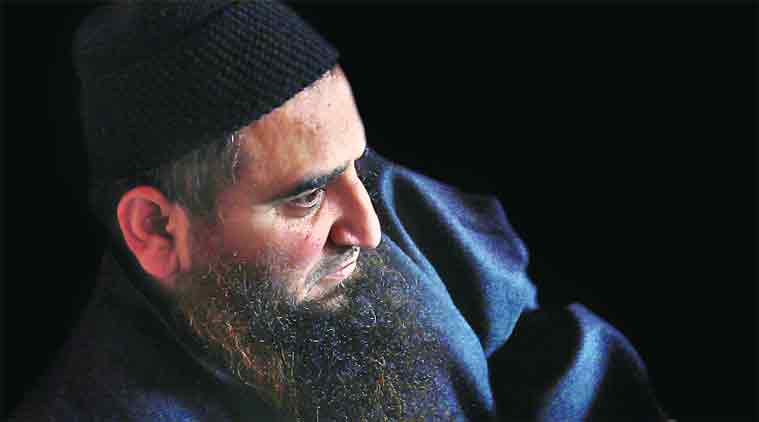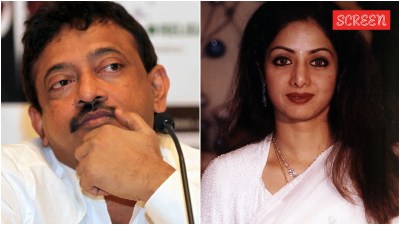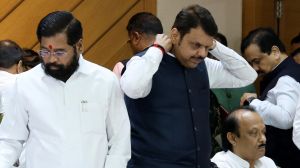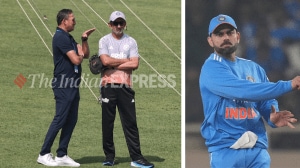Masarat Alam: Man who could be the new leader
He was a top commander of the Pro-Pakistan militant outfit Hezbollah, and after his arrest and release, joined the separatist Muslim League.
 Masarat Alam
Masarat Alam
Masarat Alam became a major headline earlier this year when the Mufti Mohammad Sayeed government released him from jail, only to arrest him again under severe pressure from alliance partner BJP and the Centre.
A militant-turned-political leader, Alam’s political career as a separatist started in 1996. He was a top commander of the Pro-Pakistan militant outfit Hezbollah, and after his arrest and release, joined the separatist Muslim League. He rapidly rose throught the ranks to become party chief.
Alam went to Biscoe, the Valley’s leading missionary school, and went on to become a graduate. After joining militancy, he was arrested in October 1990, but released after 13 months. He was arrested again in 1993, and jailed for four years. From 1997 to 2007, he was arrested and released several times.
[related-post]
In 2003, when the Hurriyat Conference split into moderates and hardliners, Alam joined the Geelani-led faction. He rose to prominence during the 2008 Amarnath land agitation, which was followed by massive pro-freedom protests in Valley. He was briefly appointed general secretary of the Hurriyat Conference when several of its leaders were arrested.
He was arrested in September 2008 after a massive hunt by the police, and was booked under the Public Safety Act (PSA). The government has slapped the PSA on Alam 18 times since 1990.
Alam, a resident of downtown Srinagar, is seen as an organiser of public protests. His separatist politics is very clear — and he minces no words in articulating it. In an interview with The Indian Express days before his re-arrest, he had said that “Kashmir is an occupation, and there will be no debate or discussion on that.”
It is highly unlikely that the government will release him any time soon. But there is hardly any doubt that Alam will emerge as a strong force in the separatist camp in view of the current political situation on the ground in Kashmir, and the tumultuous nature of Indo-Pak relations.
- 01
- 02
- 03
- 04
- 05







































